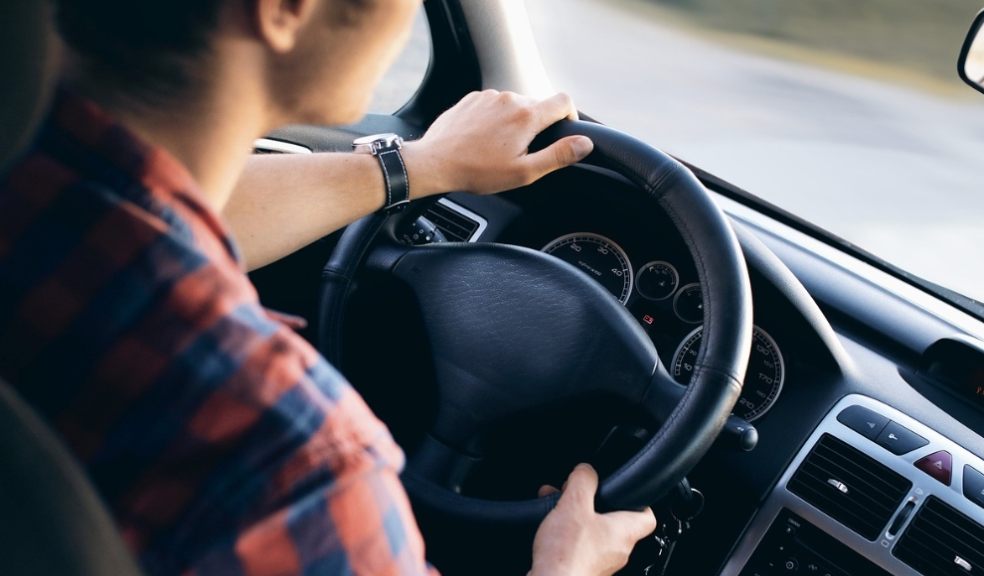
Failing roadside eye tests could cost £1000
Britons have been warned they could incur a £1000 fine if their vision doesn’t pass a roadside eye test.
Car insurance experts from Tiger.co.uk have urged road users to consider regular eye testing as well as keeping good eye hygiene to prevent failing roadside eye tests.
During the winter months with darker evenings, eye health is more important than ever for motorists, as failing to take care of their eye health could lead to dangers on the roads, for themselves and other drivers.
As 3,000 people are killed or injured by a driver with failing eyesight each year, the experts from Tiger have provided tips for drivers to stay on top of their eye health.
Police are cracking down on drivers with poor eyesight, and drivers could face penalties if they fail a roadside eye test, including fines or even loss of licence.
Drivers who don't tell the DVLA about medical conditions that affect their driving could face fines up to £1,000.
Making changes to daily habits, such as improving diet and quitting smoking, can positively impact eyesight.
Ian Wilson, Managing Director and car insurance expert at Tiger.co.uk has warned that: “These strict regulations and new roadside checks are designed to increase road safety and make sure everyone on the road is fit to drive, with penalties ranging from £1000 fines to driving bans.
“Maintaining good eye health is essential for driving and key to passing these roadside eye tests. Regular eye tests can detect vision loss and eye problems earlier, while also ensuring you have the correct prescription for glasses or contact lenses.
“It’s also important to have a spare pair of glasses in your glovebox for emergencies and sunglasses with the correct lens for driving – winter sun can be dangerous behind the wheel if you aren’t prepared.”
How to maintain eye health and help prevent vision loss:
• Regular eye test
Ensuring regular eye testing can help prevent early signs of deteriorating eye health, with 75% of cases of vision loss being preventable if caught early. Optometrists are able to look into complex eye structures and detect underlying issues early on.
• Good quality glasses
Getting a quality pair of glasses which suit your eyecare needs is an important step in preventing any further damage to eyes. Including things like blue light and UV blocking in your prescription are superb add ons to ensure good eye health.
• Diet
Having a good diet is known to be important across the board when it comes to health, however it’s not often spoken about with eyesight. Including nutrient dense foods with key vitamins such as vitamin A, C and E can prevent eye damage and deterioration.
• Hygiene
Eye hygiene is essential to prevent infection, washing hands before touching your eyes, removing makeup properly and cleaning contact lenses well are all important to prevent bacteria from spreading to your eye and becoming contaminated.
• Quit smoking
Uncommonly spoken about, smoking can have negative impacts on your eye health. Smoking can cause a range of eye complications, including age related macular degeneration (AMD), cataract, glaucoma, diabetic retinopathy and dry eye syndrome.
• Take computer screen breaks
Looking at computer and phone screens all day can deteriorate eyesight through eye strain, eye dryness and retinal damage. Using blue light glasses and making sure to frequently blink or take breaks from screens is vital to ensure good eye health.
• Use safety glasses
Working anywhere with fumes, shards or anything that could get into your eyes, it’s important to ensure you wear glasses that protect your eyes from serious damage. Safety goggles which don’t allow space for anything to get into your eyes are essential.













